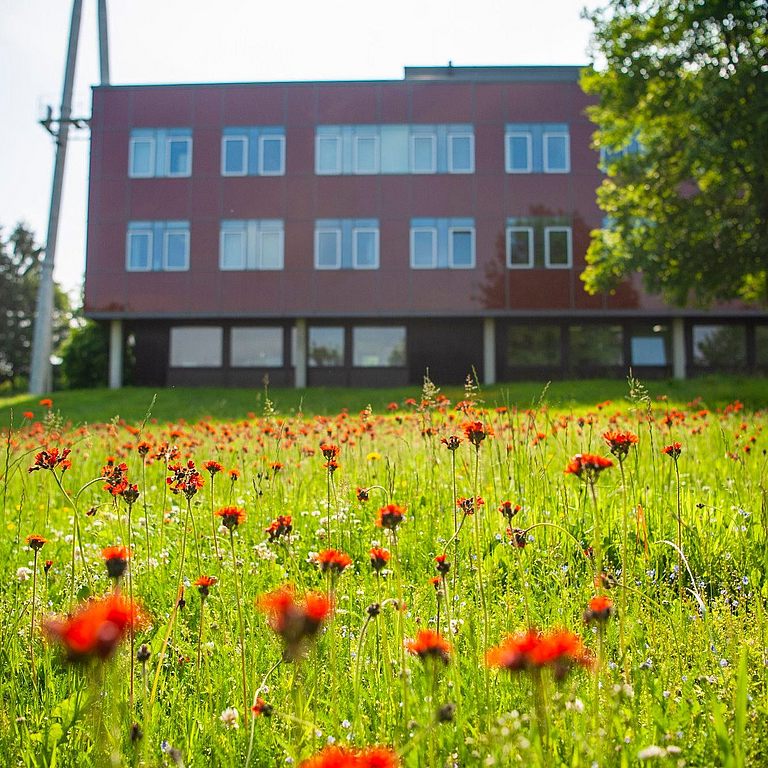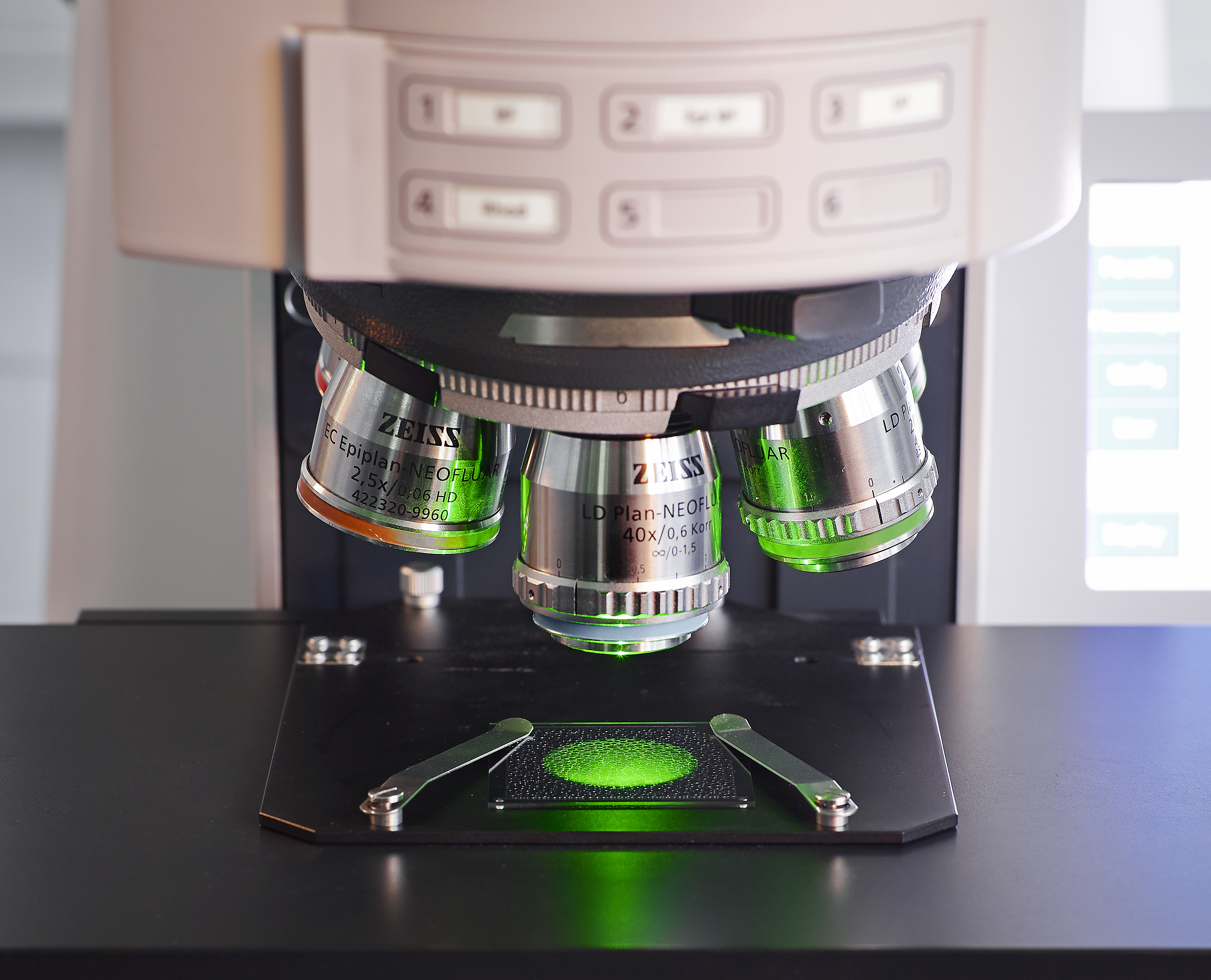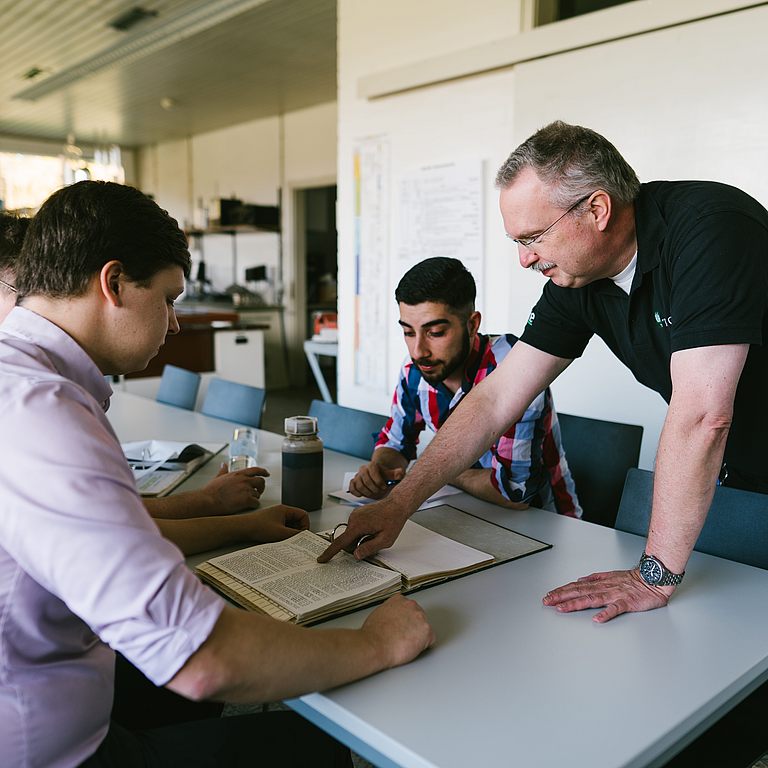Corrosion in gas pipelines
(Text nur in Englisch verfügbar)
Introduction
In an increasing variety of applications, undefined mixtures of gases, condensates and aqueous phases (e.g. formation water) are transported through pipelines at elevated pressures that are either made of carbon steel or polymers. Recent developments point towards mixing „green“ hydrogen with natural gas or carbon dioxide for storage purposes. Moisture is almost always present and may precipitate when the pressure drops below the dew point. In that case, aqueous phases containing low pH start to wet the inner wall of the pipes leading to corrosive attack. Different methods are developed to mitigate this effect, like placing liners or using composite materials. Polymeric materials on the other hand allow gases to permeate and may embrittle over time.
Scope
Based on the facts given in the introduction, the proposed thesis shall give a comprehensive overview of the current state of the art regarding transport of gas mixtures. Fundamentals shall be worked out including the following aspects:
- Current knowledge about material compatability in gas pipelines.
- Phase behaviour (PVT) of the natural gas-hydrogen-water and the carbon dioxide – hydrogen – water system: Application of equation of states commercially available, e.g. GERG to determine the shift in dew point in presence of hydrogen.
- Estimation of pH in systems of CO2 and aqueous solutions at elevated pressures.
- Alternative materials, especially for application of hydrogen. Consideration of polymer composites.




